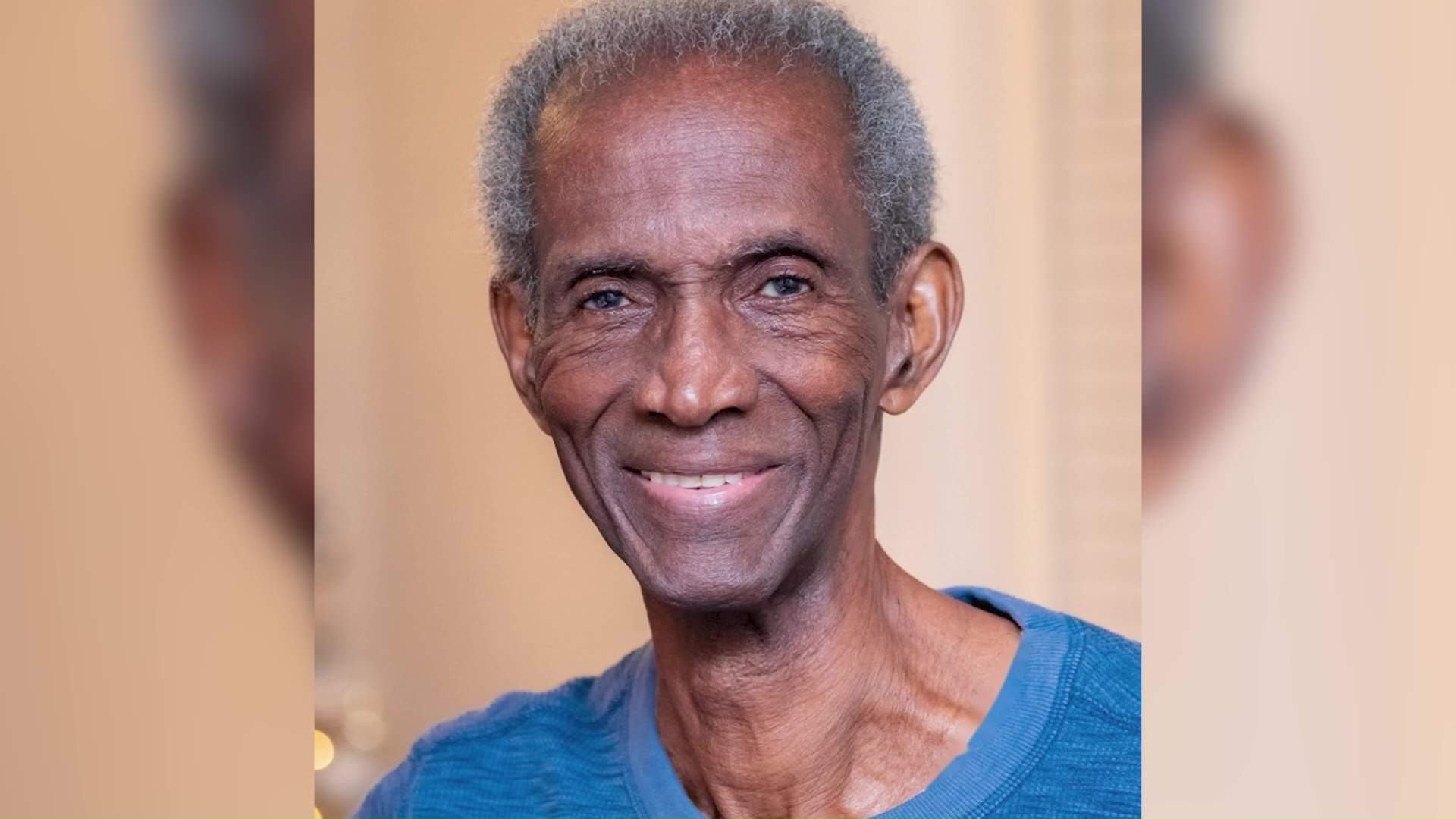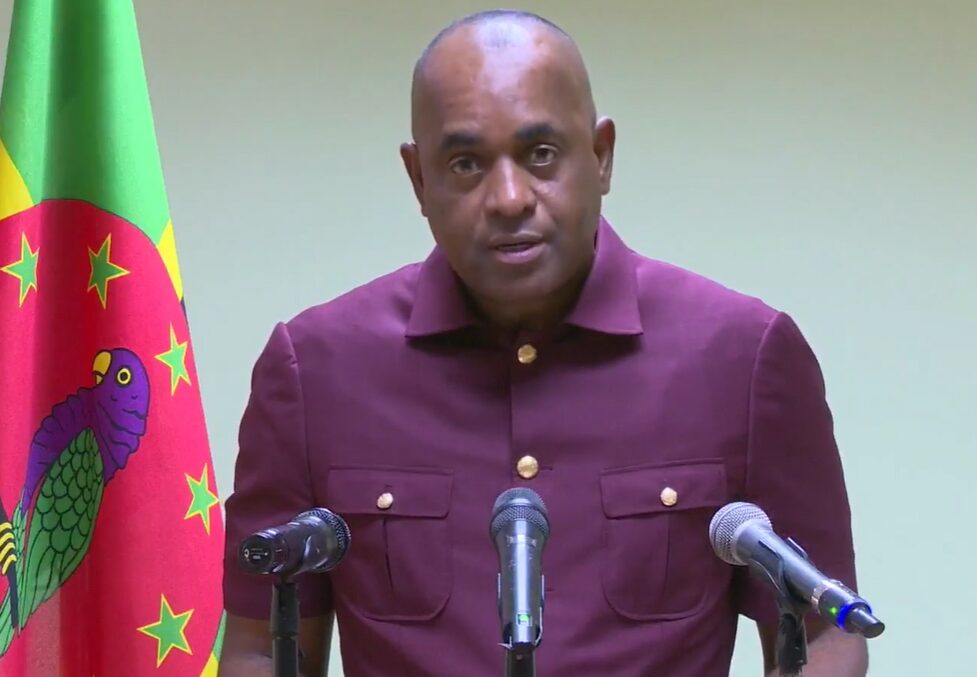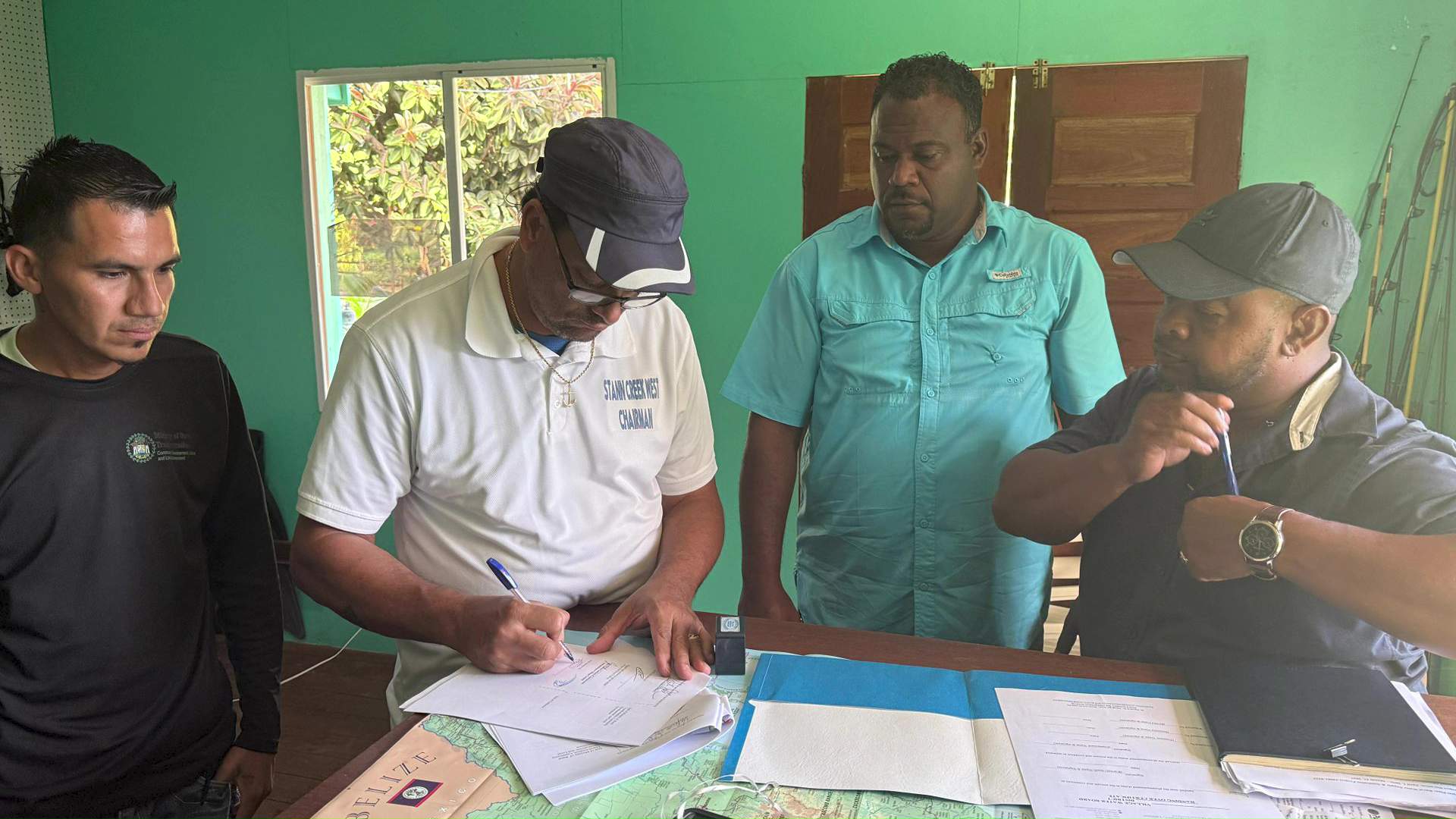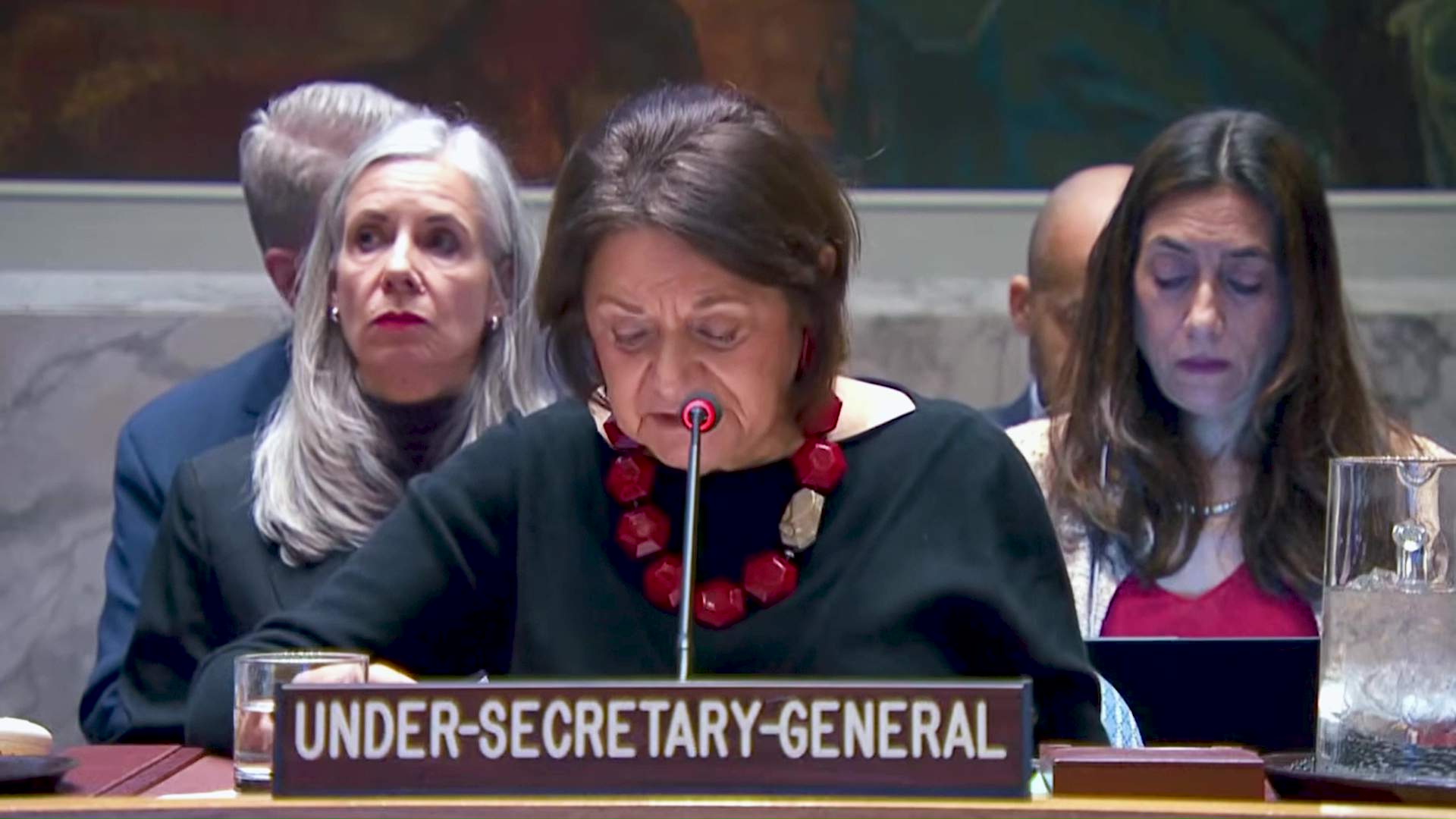The InterContinental Dominica Cabrits Resort & Spa served as the magnificent backdrop for the 2025 Dominica Music Awards (DMA), an evening that brilliantly showcased the island nation’s rich musical heritage and contemporary creativity. Produced by Creole Heartbeat, this prestigious event united artists, producers, cultural ambassadors, industry specialists, and enthusiastic music aficionados in a grand celebration of Dominican music’s dynamic spirit and international influence.
The ceremony distributed honors across 24 competitive categories while simultaneously presenting Lifetime Achievement Awards and Special Honours, highlighting the extraordinary depth and diversity of Dominica’s musical landscape. From promising emerging artists to established legendary figures, the DMA reaffirmed music’s dual role as both cultural bedrock and significant economic contributor to the island nation.
Among the evening’s most celebrated winners were Shelly, who secured both Male Artist of the Year and Songwriter of the Year awards, while Bouyon Barbie Faithii earned Female Artist of the Year honors. The collaborative album ‘Electric Room’ by Shelly & Signal Band received Album of the Year recognition, with the same artists winning Music Video of the Year for ‘Bye to the Old Me.’ Signal Band themselves claimed Band of the Year honors.
The awards spanned multiple genres including Soca, Bouyon, Reggae/Dancehall, Calypso, Cadence-Lypso, and Kompa/Zouk, demonstrating the remarkable variety within Dominican music. Additional category winners included Pudaz (Bouyon Artist), Colton T (Reggae/Dancehall Artist), Joy (Calypso Artist), and Extasy (Kompa/Zouk Artist).
A particularly moving segment featured the Office of the Prime Minister Lifetime Achievement Awards, which paid homage to seven cultural pioneers whose contributions have fundamentally shaped Dominican music: Ophelia Olivacce-Marie and Fitzroy Williams (Cadence-Lypso), David Benjamin (Traditional Music), Nasio Fontaine (Reggae), Ian Jackson (Calypso & Songwriting), Jerry Lloyd (Gospel), and Keith Goddard (Bouyon).
Special Honours included the Felix Henderson Award presented to Sonia Magloire Akpa and the Iconic Award bestowed upon Khrisna ‘Dada’ Lawrence. The event also recognized contemporary influencers including DJ MJ (DJ of the Year), Jael Joseph (Social Media Influencer of the Year), and Asa Bantan (Promoter/Event of the Year for Breakfast Fete).
The successful execution of the DMA was made possible through substantial support from numerous sponsors including the Office of the Prime Minister, Republic Bank Limited, KFC Dominica, Dexia, Josephine Gabriel, NCCU, Q95, and many others, reflecting a collective dedication to advancing Dominican music on the world stage.
Established with the mission to celebrate, honor, and professionalize Dominican music, the Dominica Music Awards continues to elevate local talent while strategically positioning the island’s music industry within global markets. Through its recognition of artistic excellence, cultural preservation, and industry innovation, the DMA plays a crucial role in strengthening Dominica’s creative economy and inspiring future generations of musical talent.









